Kenya president says police to arrive in Haiti in three weeks – BBC News
[ad_1]
- Author, Caitriona Perry
- Role, BBC News
- Reporting from Washington DC
Kenya’s President William Ruto says his peacekeeping police force is expected to arrive in Haiti to help quell growing gang violence in about three weeks.
In an exclusive interview with the BBC, Mr Ruto confirmed a planning team was already in Haiti and had met local police to secure arrangements before the Kenyan troops are deployed.
Mr Ruto’s comments came as he concluded a three-day trip to Washington DC, the first official state visit of any African leader to the US in over 15 years.
During his trip, the White House called for the swift deployment of the Kenyan-led multinational force, after a US couple was named among three missionaries killed in Haiti on Friday.
“I have a team already in Haiti as I speak to you,” Mr Ruto told the BBC on Friday.
“That will give us a frame of what things look like on the ground, the capabilities that are available, the infrastructure that has been set up.”
He added: “Once we have that assessment that we agreed with the Haitian police and the Haitian leadership, we are looking at the horizon of between three weeks and there about for us to be ready to deploy, once everything on the ground is set.”
Last year, Kenya offered to lead a UN-backed multinational security force to restore order to the Caribbean island.
Gangs have taken over much of Haiti, bringing violence and destruction to its besieged capitol, Port-au-Prince in the wake of the assassination of President Jovenel Moïse in July 2021.
On Friday, two US missionaries were killed in Haiti by gangs.
Mr Ruto told the BBC that these types of events are “exactly” why his country was preparing to send in its police force.
“We shouldn’t be losing people. We shouldn’t be losing missionaries,” he said.
“We are doing this to stop more people from losing their lives to gangs.”
The US is also a part of the multi-national coalition working with Kenya.
“The security situation in Haiti cannot wait,” said a National Security Council spokesperson on Friday.
They said President Joe Biden pledged to support the “expedited deployment” of the force in his talks with President Ruto.
Mr Ruto said that a base where troops and equipment will be kept – being built in conjunction with the US – is about “70% complete”.
The situation on the ground is growing desperate in Haiti and was described by UN Secretary-General António Guterres as “a living nightmare” last year.
However, the process of sending armed assistance has been met with delays.
President Ruto said his government has moved cautiously to ensure security concerns have been addressed, including plans for equipment, infrastructure and building a relationship with Haiti’s police force.
The High Court in Kenya has also set a date of 2 June to hear concerns from the opposition party challenging the legality of the deployment of Kenya’s police force.
But President Ruto assured the BBC that there is a written agreement with Haiti’s transitional presidential council to ensure Kenya’s presence will be received as a “peacemaking” force and not an occupying force.
The council has signalled it intends to honour the agreement Mr Ruto, which was signed by Haiti’s former Prime Minister Ariel Henry.
Mr Henry resigned in March after weeks of mounting pressure and increasing violence in the country.
Haiti is not the only country in crisis taking up Mr Ruto’s attention.
The president said he has Kenyans “in 15 different missions globally”, including in neighboring Somalia and the Democratic Republic of the Congo.
Mr Ruto said he was also in talks with warring factions in Sudan, a country where the “level of human suffering is unacceptable”.
When the BBC asked if he feels the international community has lost focus on the humanitarian crisis in Sudan, Mr Ruto replied: “Yes, it has.”
“I think what’s happening in Ukraine, what’s happening in the Middle East, has taken some focus off of what’s happening in Sudan and our region,” he said.
Mr Ruto said that all of these situations require equal attention, a point he discussed with Mr Biden and US Secretary of State Antony Blinken during his visit this week.
The White House on Thursday named Kenya a non-Nato ally, making it the first sub-Saharan African country to receive that designation.
The non-Nato ally status will allow Nairobi to engage in closer security cooperation with Washington and obtain more sophisticated US weapons.
Although the measure strengthens US-Kenya diplomatic ties, Western influence in Africa has been on the decline, polls show, giving way to Russia and China.
When the BBC asked Mr Ruto if the US was a preferred ally, he replied: “It’s not a question of people trying to say whether we are facing west or facing east.
[ad_2]
Read More:Kenya president says police to arrive in Haiti in three weeks – BBC News

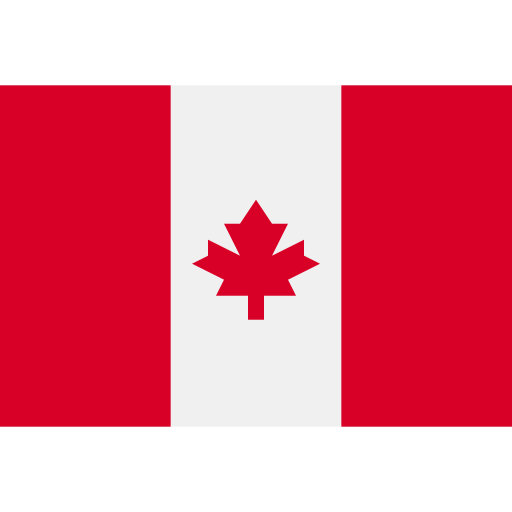 Canada
Canada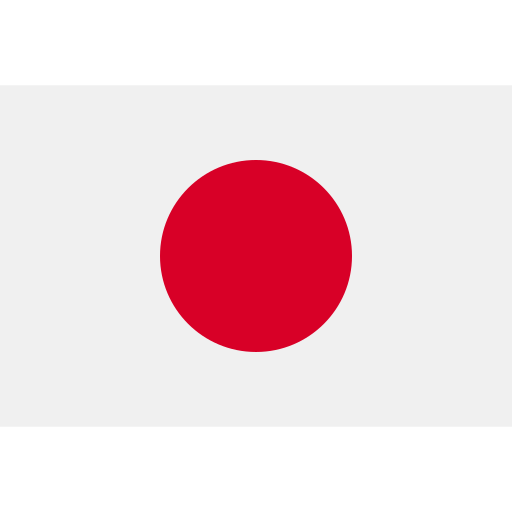 Japan
Japan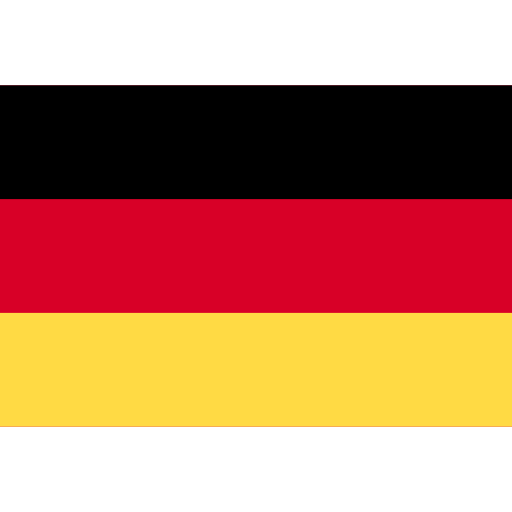 Germany
Germany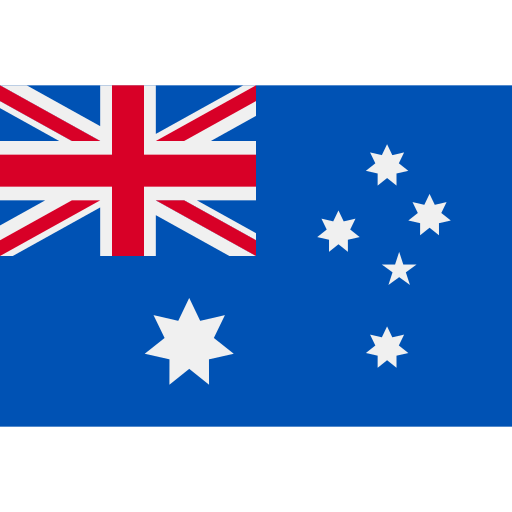 Australia
Australia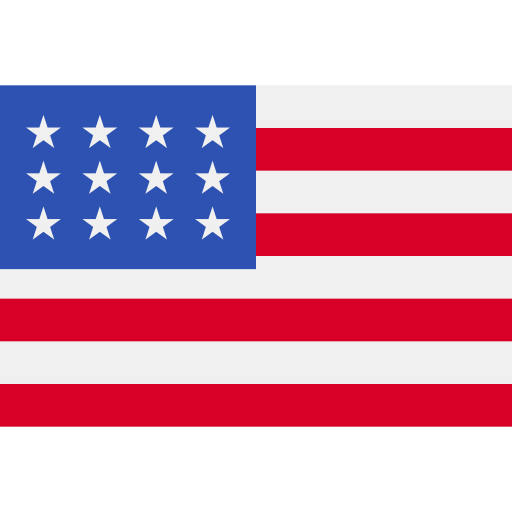 United States
United States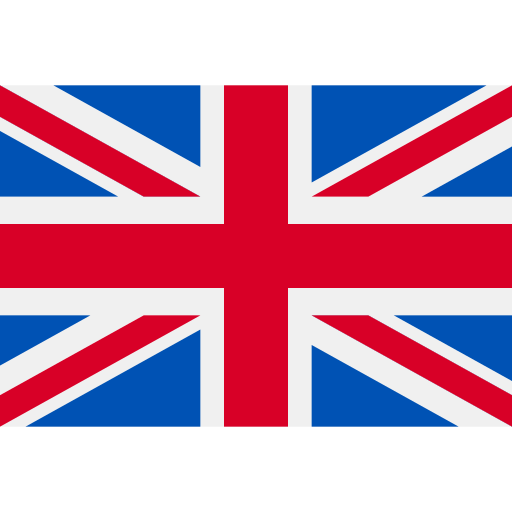 United Kingdom
United Kingdom China
China France
France Ukraine
Ukraine Russia
Russia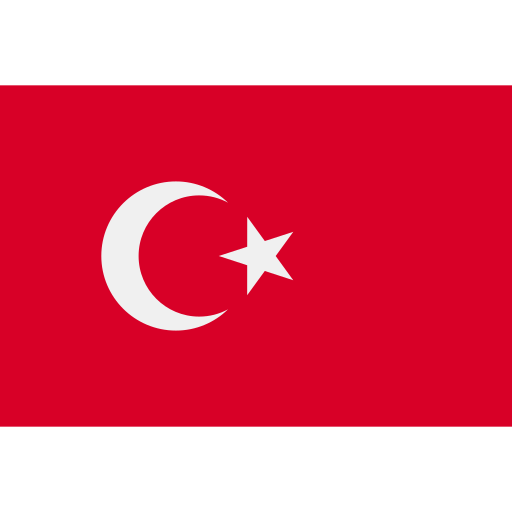 Turkey
Turkey
Comments are closed.